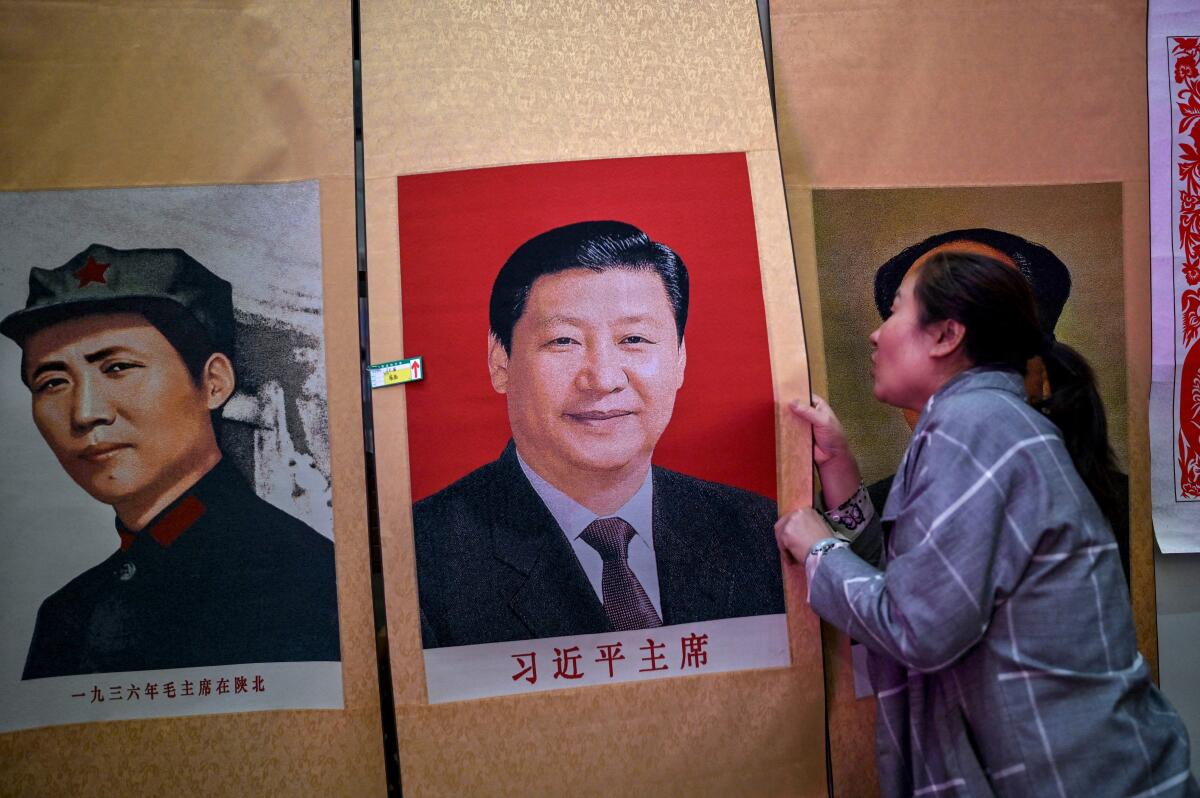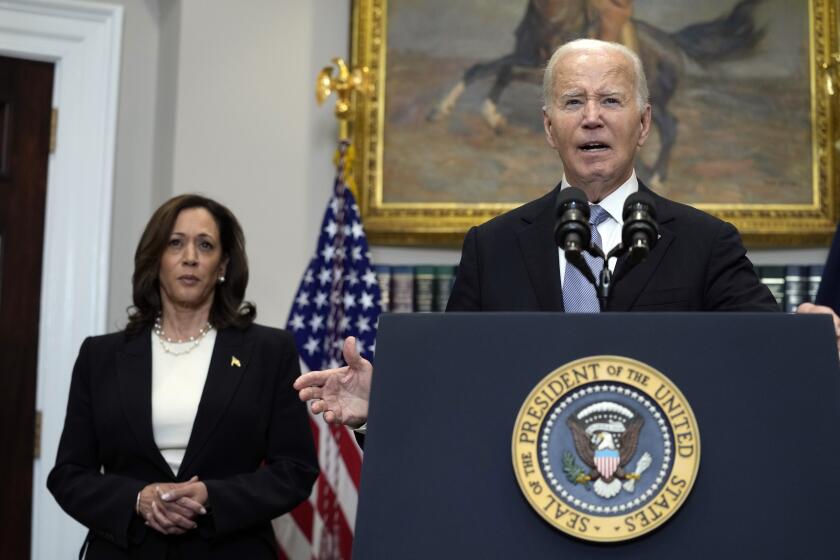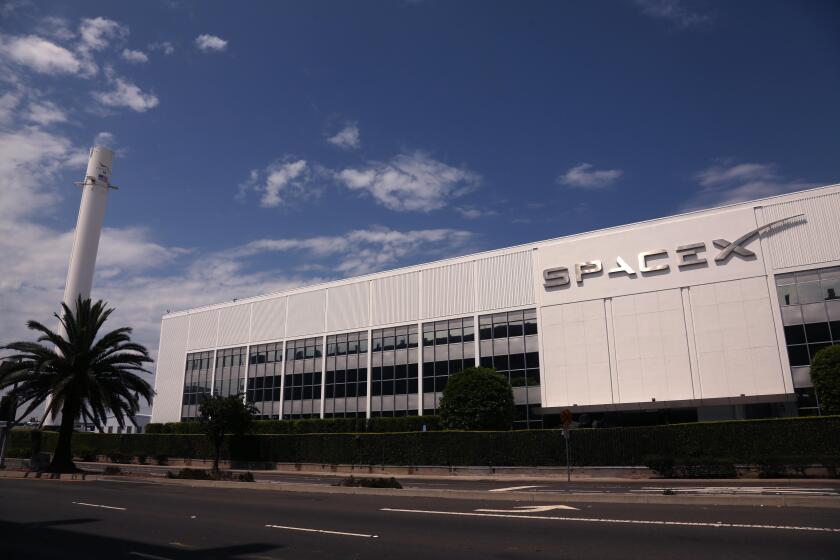Editorial: Unhappy birthday: The Chinese Communist Party at 100

China marks the 100th anniversary this week of the founding of the Chinese Communist Party, which started as an underground Leninist cell in Shanghai in 1921 and grew into the world’s largest political organization, with 92 million members.
The celebration planned for Thursday in Beijing will no doubt emphasize China’s extraordinary journey, including the founding of the People’s Republic in 1949 and the “opening and reform” movement that began in 1979 and has turned China into an economic powerhouse.
The progression of hundreds of millions of impoverished peasants into a middle-class life in one or two generations is unprecedented in human history. Its standing in the world having risen in seemingly every dimension, China now ranks as arguably one of the world’s two superpowers, alongside the United States — a development unimaginable 30 years ago, when communism crumbled across Eastern Europe, culminating in the dissolution of the Soviet Union.
Western observers had long hoped that economic liberalization in China would lead to political reform, possibly even the emergence of multiparty democracy. Those hopes were crushed in the deadly crackdown on student-led protests in Tiananmen Square in 1989.
Today, China’s relations with the world’s major powers are more fraught than at any time since then. Xi Jinping, the president since 2012, has not only consolidated power and obliterated any hints of dissent within the Communist Party, he’s also invested aggressively in military spending and taken a confrontational, even belligerent, posture toward the United States.
Former President Trump’s tougher stance on China — on trade, intellectual property and the status of geopolitical hot spots like the South China Sea — has continued into the Biden administration, reflecting the bipartisan agreement that China is increasingly a rival. (Of course China is also a partner, especially in the area of climate change. It’s a complicated relationship.)
At home, the Communist Party is omnipresent, looming in the cadres embedded in schools, companies and virtually every institution and in the ubiquitous cameras that keep watch over ordinary citizens. Restrictions on how many children women are allowed to bear remain, though they have been relaxed substantially since 2015.
As if authoritarianism wasn’t bad enough, China’s egregious record on human rights has worsened in recent years, with a relentless crackdown on the Uyghur minority in Xinjiang province, carried out under the flimsy pretext of national security and the prevention of radical Islamist terrorism. The herding of much of the overwhelmingly peaceful Uyghur community into internment camps is arguably the gravest human rights violation of our time — a crime on par with Stalin’s gulags. In Hong Kong, the former British colony that was assured a measure of self-governance before it was handed back to China in 1997, Beijing’s puppet government has inflicted a sweeping crackdown on the press and on dissidents.
Having outlasted many predictions of its demise, the Chinese Communist Party has worked steadily to extend its influence; its Belt and Road Initiative has been one of many efforts by which China is seeking to alter the post-World War II international order created by the Western allies. The party will ultimately be judged not only by its accomplishments but by its crimes — a 1958-61 famine that took as many as 30 million lives; the 1966-76 Cultural Revolution that left the country shattered; the human rights abuses. Whether the party endures — or leads China once again into calamity — remains to be seen.
More to Read
A cure for the common opinion
Get thought-provoking perspectives with our weekly newsletter.
You may occasionally receive promotional content from the Los Angeles Times.






